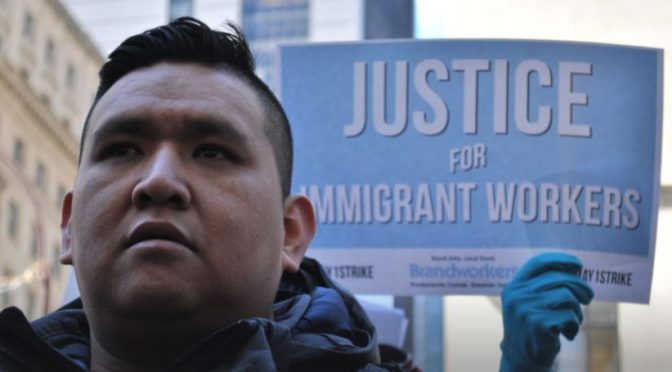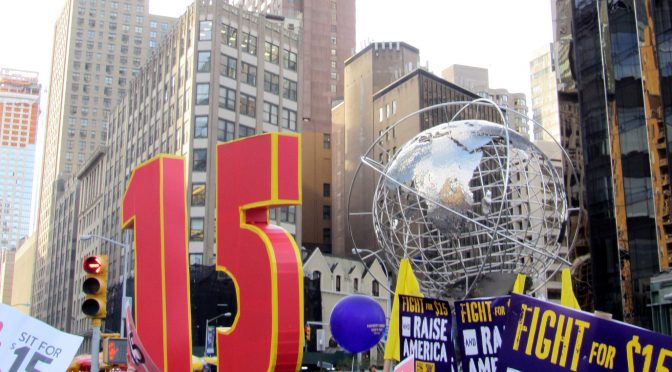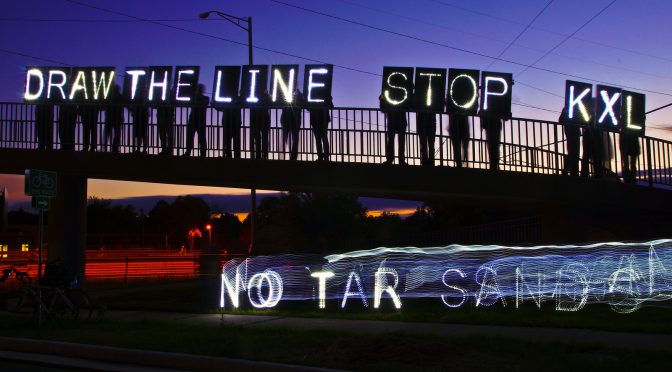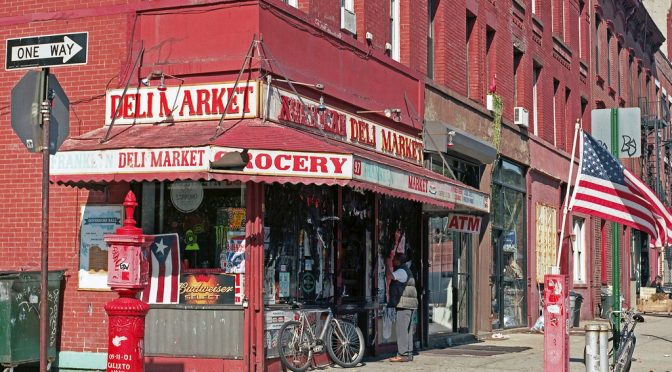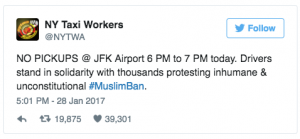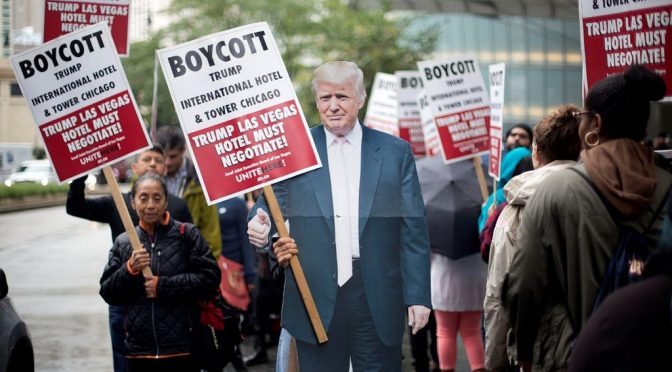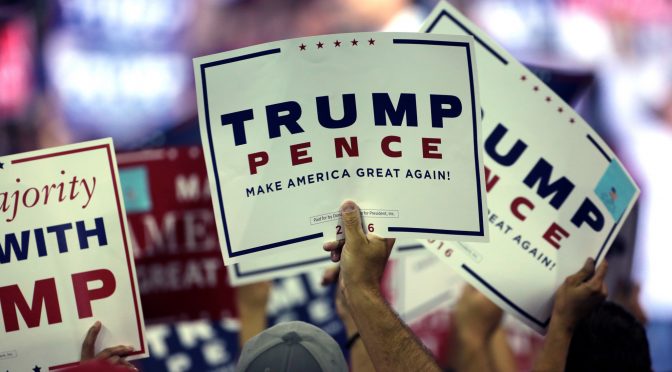This article was originally featured at the Indypendent.
By Astha Rajvanshi
Workers at Tom Cat Bakery start kneading the day’s first loaves inside a Queens factory at 6 a.m. Soon after, the industrial-scale bakery begins delivering 400 varieties of baked goods to hotels, supermarkets, food chains and Starbucks locations across New York City.
One of the bakers, Sabino Milian, a 40-year-old Guatemalan native, came to New York 17 years ago looking for work. Hurricane Mitch struck Milian’s hometown in 1998, leaving his parents helpless and vulnerable. He needed to support them financially. New York presented a land of opportunities, Milian told The Indypendent through a Spanish interpreter. He began working for Tom Cat in 2006 and never had any problems with his bosses.
In March, however, a manager called Milian into his office and told him the company was subject to an ongoing audit by the Department of Homeland Security (DHS) and Immigration and Customs Enforcement (ICE). Milian, along with 30 other workers, were given 10 days to prove they possessed proper documentation to legally work in the country. If they failed to do so, they would be fired. Continue reading Tom Cat Workers Resist

